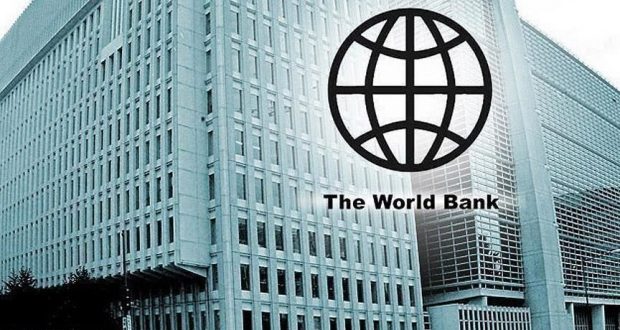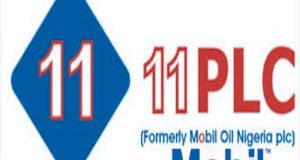by Abisoye Shola…….,..
Nigeria sets to begin another loan campaign this time around with the World Bank. These borrowings will come to about $6.4 billion in a space of three months between April and July 2020 from International Monetary Fund (IMF) and the World Bank.
For instance the World Bank is expected to make a decision in late July on a $1.5 billion loan to Nigeria. However, the World Bank is working on packages that could provide more than $3 billion to Nigeria.
This is in addition to the last month April, $3.4 billion approved by IMF to Nigeria. This money from IMF came with a warning that Nigeria remained exposed to rising risks, particularly in oil markets.
IMF cited rising unsold cargoes that could impact oil production. “Further decline is also expected through OPEC agreed cuts or if prices persist below production costs,” the IMF pointed out.
In a pleading response through a letter to IMF Nigeria said that she plans to allow a “more unified and flexible exchange rate regime,” to increase its revenue to 15 percent of GDP and to move to cost-reflective electricity tariffs by 2021.
Nigeria also pledged to deregulate the nation’s downstream sector by coming out with a new fuel price regime to ensure that costly fuel subsidy is permanently eliminated. This is because IMF had frowned that subsidies cost an estimated 10 trillion naira ($27.78 billion) from 2006 to 2018 in Nigeria.
Both loans from IMF and World Bank is to be used to fight the novel coronavirus. The World Bank said Nigeria is facing what may be its greatest fiscal crisis in 40 years, set off by the coronavirus pandemic and resulting oil price crash.
“We were hoping to present to our board by late July or latest early August, because the government will need the finance,” Shubham Chaudhuri, its Nigeria country director, told Reuters.
“The immediate challenge is a fiscal one: How does the government marshal the fiscal resources to keep basic government functions going?” Chaudhuri said.
Nigeria is also said to be seeking additional funds from the African Development Bank, the Islamic Development Bank and Afreximbank. In all these loans some financial experts are wondering how judiciously will the government use these loans for what they are meant for.
 Financial Energy Review
Financial Energy Review





